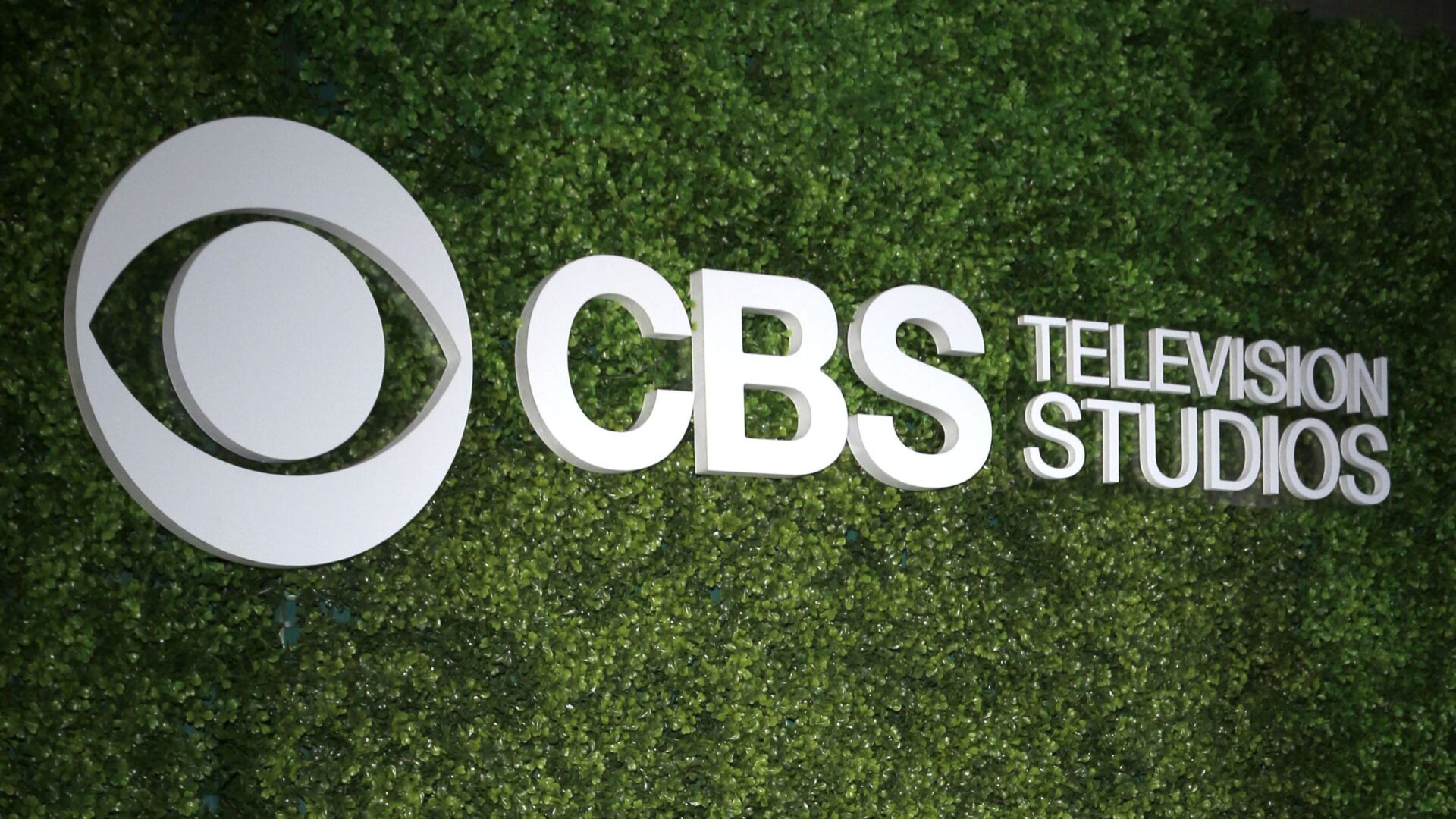Key Takeaways:
- WDEF News 12, a CBS affiliate, removed its social media post after being called out.
- The Tennessee Holler accused the CBS affiliate of showing bias in protest coverage.
- The original post misrepresented the No Kings protests in Chattanooga.
- The CBS affiliate issued a correction and apologized for its wording.
- Activists warn that media must stay fair and resist spin from powerful figures.
Inside the CBS affiliate Social Media Blunder
A local TV station in Chattanooga, WDEF News 12, is at the center of a debate on fairness. The station, which is a CBS affiliate, posted a brief write-up of the No Kings protests. Then, it deleted the post after facing strong backlash. Critics claimed the CBS affiliate framed protestors as ungrateful to President Trump. They argued this spin favored one side of a heated political debate. Soon after, the outlet replaced the post with neutral wording and an editor’s note.
Background of the No Kings Protests
Millions of people across the country joined No Kings rallies. On Saturday, more than 2,700 events took place in all fifty states. Many protestors oppose President Trump’s second term and worry about expanded executive power. They called for checks and balances in government. In Chattanooga, hundreds gathered peacefully in a public square. They held signs, chanted slogans, and shared personal stories. Their goal was simple: to defend democracy and curb potential abuses by the White House.
The Original Social Media Post
When WDEF News 12 tweeted its coverage, it wrote: “Even after President Trump secured the cease-fire deal in the Middle East, demonstrators continued to protest his actions and policies.” The phrasing suggested that protestors ignored a major foreign policy win. Therefore, the post implied they were biased or unappreciative. Moreover, it downplayed the protestors’ real concerns. As a result, readers saw a one-sided view of a complex event. This brief sentence sparked debate over whether the CBS affiliate favored President Trump.
The Tennessee Holler’s Outcry
Almost immediately, the progressive outlet The Tennessee Holler flagged the post. Its editor-in-chief, Justin Kanew, called out the CBS affiliate for pro-Trump bias. He noted that CBS News recently hired Bari Weiss, a journalist who had praised strong U.S. support for Israel. Critics said that Weiss’s leadership might push a more pro-establishment angle. The Tennessee Holler used social media to debate WDEF’s wording. The site even tweeted a screenshot with the caption, “Wow – local CBS affiliate stanning for Trump.” That public push led many readers to demand a correction.
How the CBS affiliate Fixed It
Faced with heavy criticism, the CBS affiliate took action. First, it deleted the original tweet. Then, it wrote a new post using neutral terms. The updated message outlined the protest motives without suggesting they dismissed the cease-fire. In addition, the station added an editor’s note. It said, “This post replaces an earlier post that was deleted.” By doing so, the CBS affiliate acknowledged its mistake. It also showed transparency. Many readers praised the decision to own up and change course, while others felt the station had caved to pressure.
Bigger Picture on Media Bias
This incident raises a larger question: Can local stations stay neutral in polarized times? News outlets face intense scrutiny from all sides. On one hand, they must challenge those in power. On the other, they may avoid firm criticism to maintain access and avoid backlash. Moreover, social media posts leave little room for nuance. A few words can skew a message. Therefore, stations must choose their phrases carefully. Even minor slips can undermine trust and spark major controversies.
What News Outlets Can Learn
First, media teams should preview social content before posting. A quick review can catch biased or misleading language. Second, outlets need clear style guides that stress balance in political coverage. Third, if a mistake happens, prompt and transparent fixes help rebuild credibility. Finally, engaging with audience feedback can stop problems early. In this case, The Tennessee Holler’s callout prompted a fast response. In other situations, silence or denial might worsen the issue. Ultimately, news outlets must remember their duty to inform, not sway, the public.
Lessons for Readers
For viewers and readers, this event is a reminder to think critically. Always check multiple sources. Notice how each outlet frames an issue. Ask whether a piece points out both gains and concerns. If you see a social media post that feels one-sided, call it out. Informed audiences can keep news outlets honest. After all, a healthy democracy requires fair and accurate reporting.
Frequently Asked Questions
What led to the controversy around the WDEF News 12 post?
Critics said the post implied protestors ignored a foreign policy success. This framing appeared to favor President Trump, so opponents called it out as biased.
Why did the CBS affiliate delete its original tweet?
The station faced swift backlash. To correct the perceived bias, it removed the tweet, posted a neutral version, and added an editor’s note.
Who is Justin Kanew and what role did he play?
Justin Kanew is the founder of The Tennessee Holler. He publicly criticized the CBS affiliate’s wording and pushed for a correction.
How can news outlets avoid similar mistakes?
They should establish clear guidelines for social media, review posts carefully, and respond quickly and openly when errors occur.

